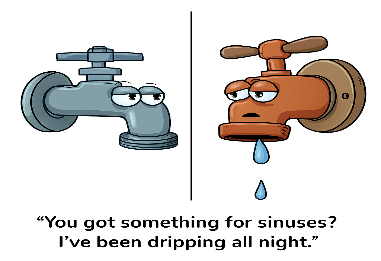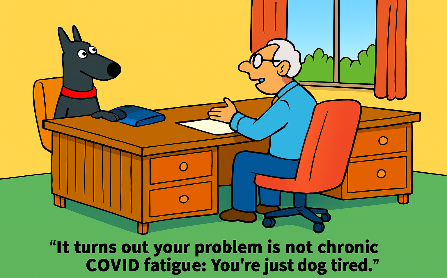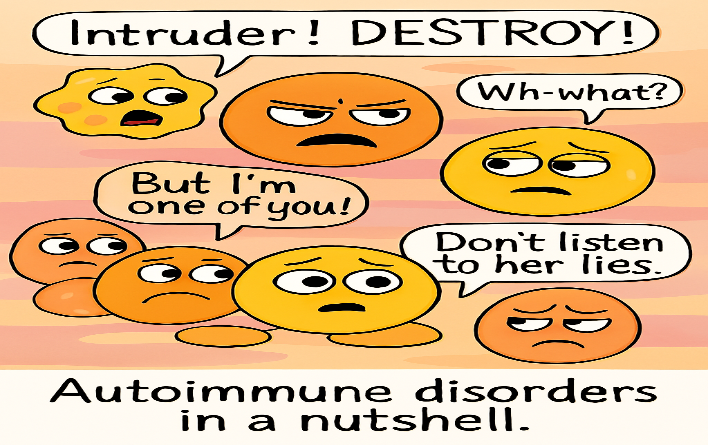
The Lingering Pandemic: Mapping the Arc of Long COVID and the Search for Recovery
By John Murphy, The COVID 19 Long-haul Foundation Introduction: A Pandemic That Didn’t End When the world first confronted SARS-CoV-2 in early 2020, the prevailing narrative was one of acute…[...]
Read More







